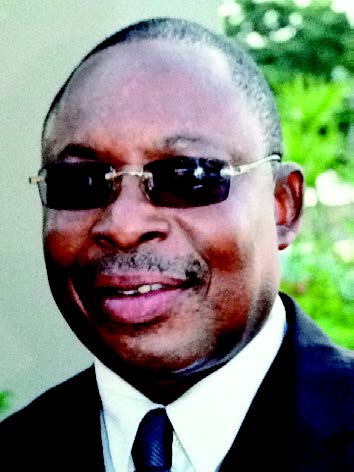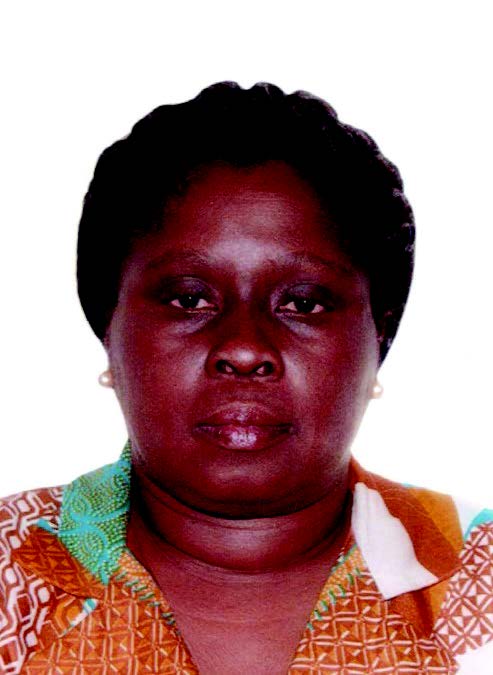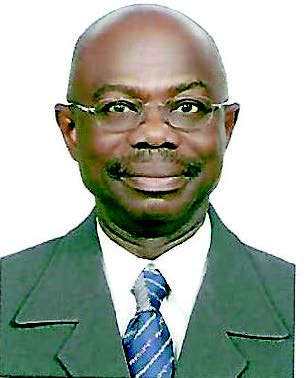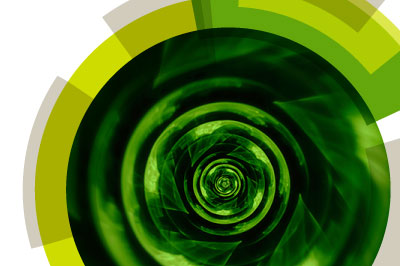The selection process for applicants will still be going ahead, and all delegates will be contacted and an announcement made as soon as the selection is made.
Please contact us at events@rsc.org if you have any questions.
This workshop is supported by GSK as part of our five-year partnership to enhance the capabilities of African scientists in modern analytical techniques. We will train more than 400 African scientists by the end of 2021, as well as training Local Trainers to train others, leaving a self-sustaining programme and a lasting legacy.
The Pan Africa Chemistry Network was set up by the Royal Society of Chemistry to advance the chemical sciences across Africa by building a self-sustaining science base. This expanded analytical science training programme will develop your practical analytical techniques to solve local challenges and contribute to global scientific knowledge.
Applications are invited for the above training course; we welcome applications from researchers, lecturers, technicians, MSc students and PhD students in the chemical sciences from Universities and research institutions across Ghana.
The training course will cover the practical aspects of Gas Chromatography, method development, quantitative analysis and spectral interpretation of GC-MS. This course has been independently verified through peer review and formally approved by Royal Society of Chemistry to be of high quality and suitable for professional development of chemical scientists.
Applications
Places are limited to 15 delegates only. Application deadline 15 August 2021. If you already applied to the course in 2020, you do not need to apply again as your application will be carried over.Delegates who have attended a previous PACN GC-MS course in Kenya, Ethiopia, Nigeria or Ghana are not eligible to attend again. This is a repeat of the course.
Selection Criteria
The participants will be selected based upon the information provided in your application, against the published selection criteria:- All participants should have a HND or BSc (or equivalent) in the chemical sciences, thus demonstrating suitable background knowledge
- Participants can be MSc students, PhD students, lecturers, researchers, professors or technical staff. A range of experience levels in each course is preferred.
- Demonstrable benefit to research or teaching in your home institution
- Strong relevance to your current or planned research or teaching area
- Potential impact upon the individual’s experience and career prospects
- Immediate application of the techniques learnt
- Access to equipment will be considered
- Benefit to home institution and the wider chemistry community in your country
- Complete the required online application form
- Upload a current CV (maximum length of 2 pages)
- Upload a letter of introduction and recommendation from one referee (for students only)
Please note – we receive high number of applications for these courses. So, please take your time to consider your answers to the questions in the form, as this will be the basis for your acceptance/rejection.
Enquiries may be sent to Mrs Ellie Peters, Royal Society of Chemistry (peterse@rsc.org) and Nathaniel Boadi, (nodoadi@gmail.com)











